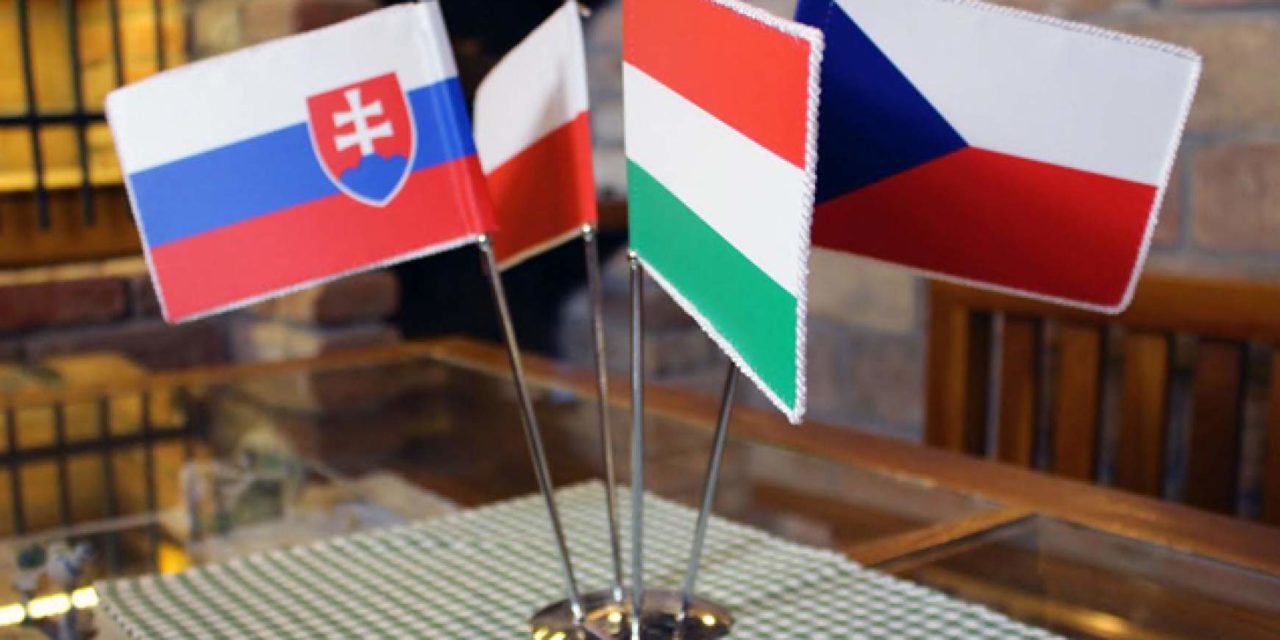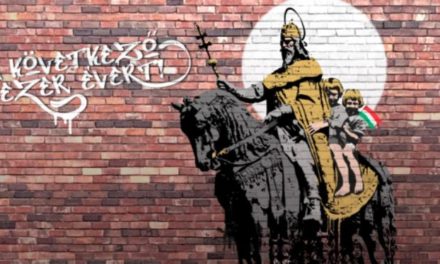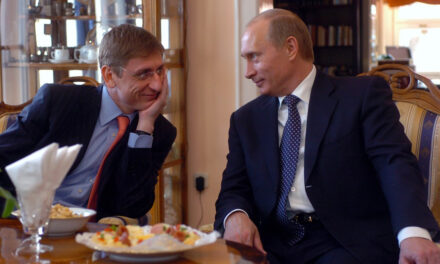Attempts at imperial influence are still present in politics in the same way as they were centuries ago - says Zoltán Hegedűs, historian, publicist, member of the editorial board of Komnetár magazine, with whom Mandiner talked about the past, present and future of V4 in connection with the latest broadcast of Komnetár Klub, which runs on M5 . We will look at this.
According to Hegedűs, the V4 alliance gives us the chance to be treated as a partner on an equal footing with the Westerners in the Union.
With their total population of sixty-five million - which is 15% of the population of the Union - and their increasingly robust economy, the V4 countries can become the economic engine of Europe - of course, this largely depends on cooperation.
V4 is not a myth, nor is it just a cultural entity. Although we have common cultural patterns, these peoples are quite different. Still, you have to look for what unites you, not what separates you.
The fight for the right to make one's own decision, if you like, the fight for freedom, connects us all.
Attempts at imperial influence and intervention have been present practically since the creation of the independent Central European states. The forerunner of the V4, the 1335 Visegrád meeting of kings, was organized precisely to create an economic-political alliance whose members would mutually help each other against imperial aspirations.
In 1526, at Mohács, we not only buried our "national greatness", but also lost our sovereignty. A few decades later, the Czech Kingdom met the same fate. As a result of the Battle of Fehérhegy, Bohemia and Moravia became part of the Austrian hereditary provinces, and then in the XVIII. At the end of the century, the Kingdom of Poland was simply divided among the surrounding empires.
In the peace after the First World War, although these countries nominally regained their independence, the great powers ensured that there was not even a chance of a Central European union by creating the kisantant. The results of this were new occupations.
Central Europe regained its actual independence after 1990. Thus, it is no coincidence that Visegrad Cooperation was re-established one year later, in 1991.
Due to the historical and cultural similarities, as well as the geopolitical situation, it is no coincidence that the V4 was created from these countries. These countries are the core countries of Central Europe. If this collaboration works well, others will gravitate to V4 and seek to work with it.
V4+ cooperation can be established, say, in the direction of the Baltic countries; the organization of these - due to the geopolitical situation - can obviously be primarily the task of the Poles, but in the same way a closer Balkan cooperation can be established, in which Hungary can assume the initiating role. It already has contours.
As Márton Békés, editor-in-chief of Kommentár, put it: "we managed to break the Trianon devil's lock".
For example, Hungary maintains good relations with Serbia and Slovenia that have not been seen in a long time.
The Commentary Club broadcast can be viewed here:
Source: mandiner.hu












